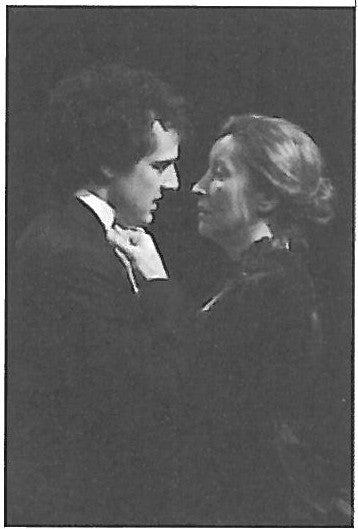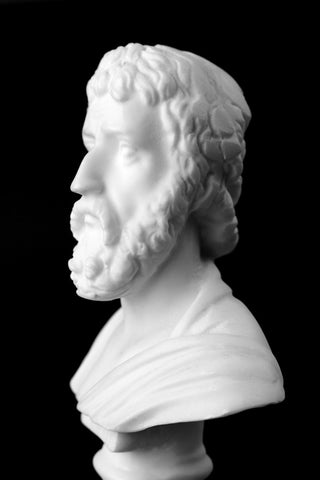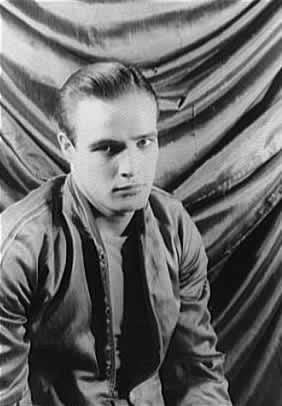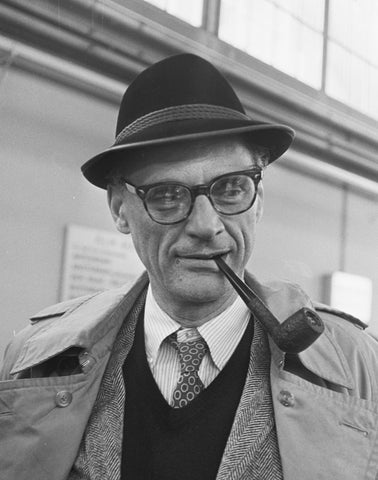
Doña Rosita, by Lorca
£14.95
Lorca is the most studied and performed of the 20th-century Spanish playwrights by a considerable margin. His three rural tragedies, Blood Wedding, Yerma and The House of Bernarda Alba are all popular
choices as A-level texts, and their themes of thwarted love, conflict between parents and children, and pagan spirituality speak clearly today, despite settings in the Andalusian countryside.
In comparison, Doña Rosita, which was completed in 1935 at the height of Lorca’s career, is unjustly neglected despite a recent revival at the Orange Tree Theatre in Richmond-upon-Thames. The play is a good contrast with the rural tragedies. It is set in the historic city of Granada. It has a mixture of comedy and sentiment in addition to an underlying tragedy, and Lorca uses a variety of styles of language to create these moods, both prose and poetry. Perhaps the most entertaining feature of the play is the number of characters in it who are drawn from Lorca’s own childhood.
Improvisation exercises Interspersed throughout this scheme you will find some practical exercises designed to awaken the student’s interest and make the issues more accessible and relevant. You can use them during the course of working on the play, or alternatively – given their thematic nature – as an introduction to the themes of the play.
Scheme sections:
- Background to the play
- Plot and subplot
- Use of language
- Form and structure
- Visual, aural and spatial
- Contextualising
Number of lessons: n/a




